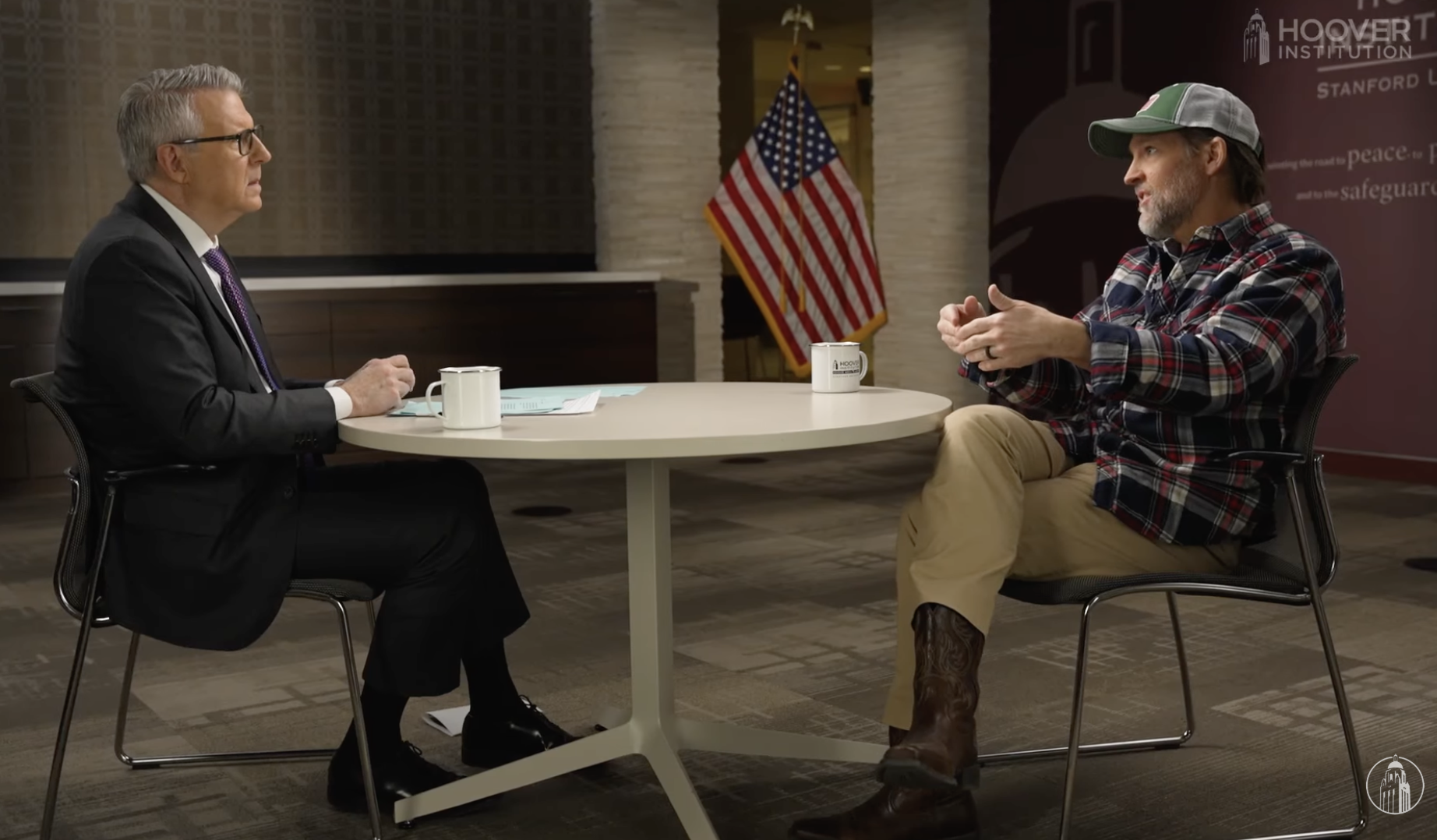Wycliffe Reports Historic Year for Bible Translation

Wycliffe Bible Translators reported on October 3, 2025 that it had completed 118 new Bible translations and New Testaments during the past year, marking what the organization called "historic growth" in Scripture accessibility. The Christian Institute covered the announcement in their October 3, 2025 news briefing.
The 118 completed translations represent Bibles or New Testaments in languages previously lacking Scripture in native tongue. According to Wycliffe's statement, this year's completions bring God's Word to communities that had been waiting generations for Scripture in their heart language.
Wycliffe Bible Translators, founded in 1942, works globally to translate Scripture into languages lacking biblical texts. The organization employs linguists, translators, and local community members to produce accurate, culturally appropriate translations. The process typically requires years of linguistic analysis, translation work, checking for accuracy, and community testing before completion.
The 118 completions span multiple continents, with significant work in Africa, Asia, and Pacific regions where minority languages often lack written literature beyond oral tradition. Many completed translations involve languages spoken by relatively small communities, some numbering only thousands of speakers.

According to Wycliffe's update, approximately 1.5 billion people still lack Scripture in their primary language. The organization aims to begin translation projects in all remaining languages by 2025, though completion dates vary based on linguistic complexity, community engagement, and resource availability.
Bible translation organizations increasingly employ technology including computer-assisted translation tools, digital lexicons, and online collaboration platforms to accelerate work while maintaining translation quality. Local community involvement remains central, with native speakers participating throughout translation process to ensure accuracy and cultural appropriateness.
THE ANALYSIS
One hundred eighteen new Bible translations completed in a single year represents gospel advancement often overlooked in Western Christianity's obsession with cultural politics and institutional decline. While we debate worship styles and argue about pronouns, Wycliffe translators are giving entire communities access to God's Word in their heart language for the first time in history. This is Christianity functioning as it should: sacrificially serving to make Christ known.
The magnitude becomes clear when you consider what Bible translation requires. Translators must first learn languages often lacking written form, document grammar and vocabulary, create alphabets where none exist, translate accurately while maintaining meaning across vast cultural differences, and train local communities to read their newly written language. This process takes years, requires linguistic expertise, cultural sensitivity, and unwavering commitment. That 118 such projects completed in one year testifies to extraordinary dedication and divine blessing.
Bible translation embodies Christian mission at its best. It's not cultural imperialism; translators work to preserve and dignify minority languages that dominant cultures often threaten. It's not extractive; teams train local believers to become translators, teachers, and Scripture distributors. It's not condescending; the work assumes people deserve God's Word in language they think and dream in, not imposed through colonial tongues.
For Christian unity, Bible translation provides common ground across denominational divisions. Wycliffe partners with Catholics, Orthodox, Protestants of every variety, and indigenous Christian movements. Theological differences that loom large in Western seminaries become secondary when the goal is giving a tribal community its first Gospel of John. Reformed believers and Pentecostals work together because seeing people encounter Scripture in their language matters more than secondary doctrinal disputes.
The 118 completions also reveal Christianity's true demographic reality: the faith's future lies in Global South, particularly Africa, Asia, and Latin America. These Bible translations primarily serve non-Western communities, reflecting where Christianity grows while Western churches decline. The church's center of gravity has shifted from London, Rome, and New York to Kinshasa, Seoul, and Lagos. Wycliffe's work accelerates this shift by giving Global South believers Scripture in their languages.
Consider the spiritual implications of Bible translation. Paul writes that faith comes through hearing the Word of God. For communities lacking Scripture in their language, encountering Christ has depended on hearing Gospel through translation, oral tradition, or learning trade languages. Now 118 additional communities can read God's Word directly, without linguistic intermediaries. This enables deeper biblical literacy, more robust theology, and more sustainable Christian movements.
Bible translation also demonstrates Christianity's unique character among world religions. Islam insists Quran cannot be truly translated, that Arabic text carries divine character lost in other languages. This linguistic imperialism connects Islamic faith to Arab culture in ways that hinder genuine contextualization. Christianity, by contrast, recognizes that God's Word can be expressed in every human language because the incarnation demonstrates God's willingness to speak human languages. Pentecost reversed Babel; Bible translation continues that reversal.
The technological dimensions matter too. Computer-assisted translation, digital distribution, and online collaboration enable work that previously required decades to complete in years. But technology serves rather than replaces human translators, who must make countless interpretive decisions requiring deep understanding of both biblical languages and target languages. The blend of cutting-edge technology and sacrificial human service reflects Christianity's embrace of creation's goodness while prioritizing personal relationship.
For pro-Western Christians, Bible translation provides opportunity for constructive engagement with Global South Christianity. Rather than lamenting Western decline or romanticizing persecution elsewhere, believers in wealthy nations can fund, pray for, and support translation work that advances gospel globally. This redirects resources from maintaining declining Western institutions toward mission bearing fruit internationally.
The statistic that 1.5 billion people still lack Scripture in their primary language should convict Western believers of remaining work. We're often multiple generations removed from literacy, with numerous Bible translations and study resources, yet many never seriously engage Scripture. Meanwhile, communities wait for even basic biblical texts. The contrast reveals our spiritual poverty amid material abundance.
Wycliffe's goal of beginning projects in all remaining languages by 2025 represents audacious vision requiring massive resources, personnel, and time.





